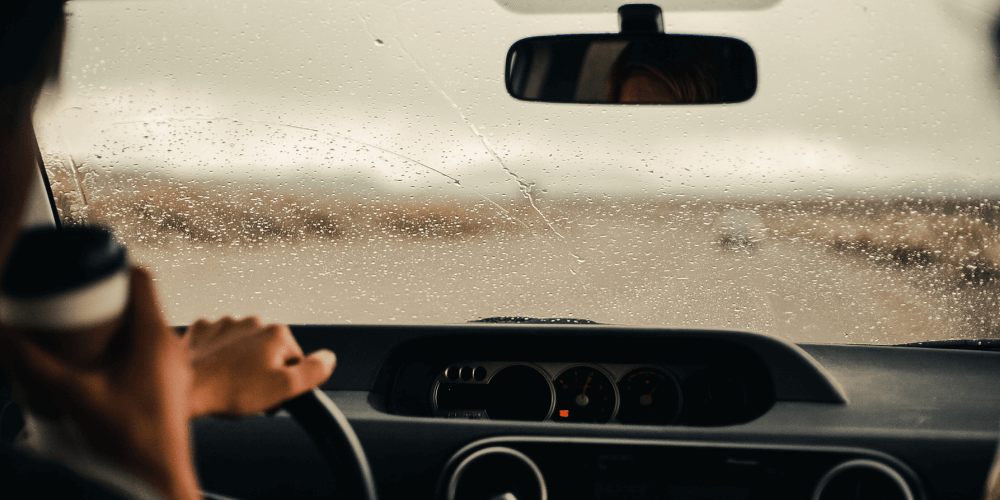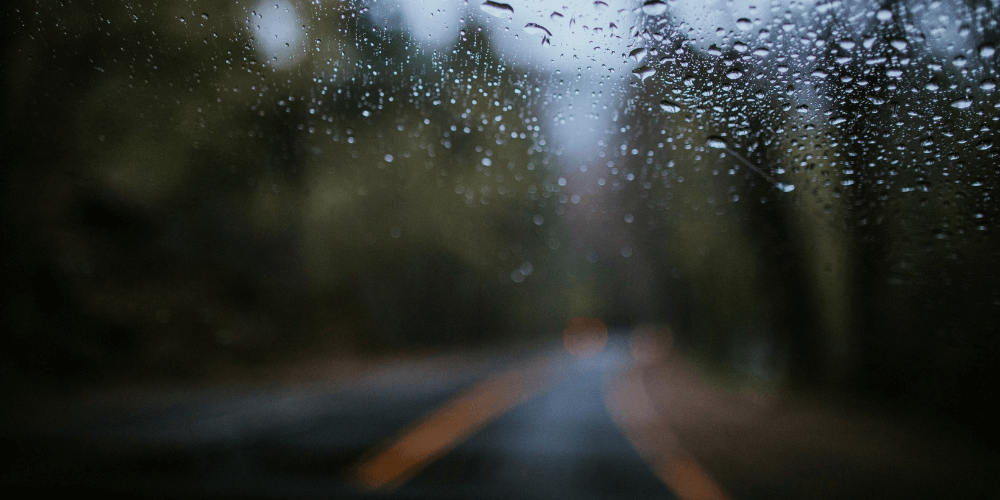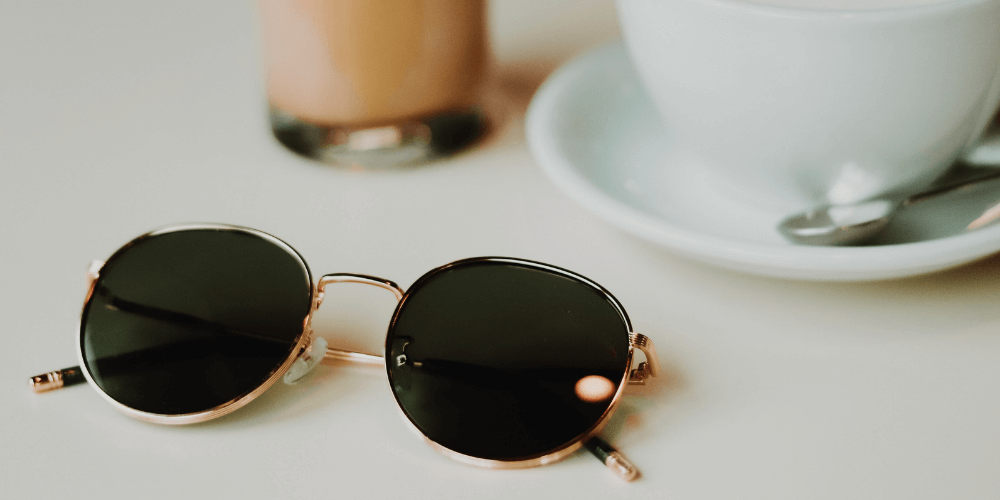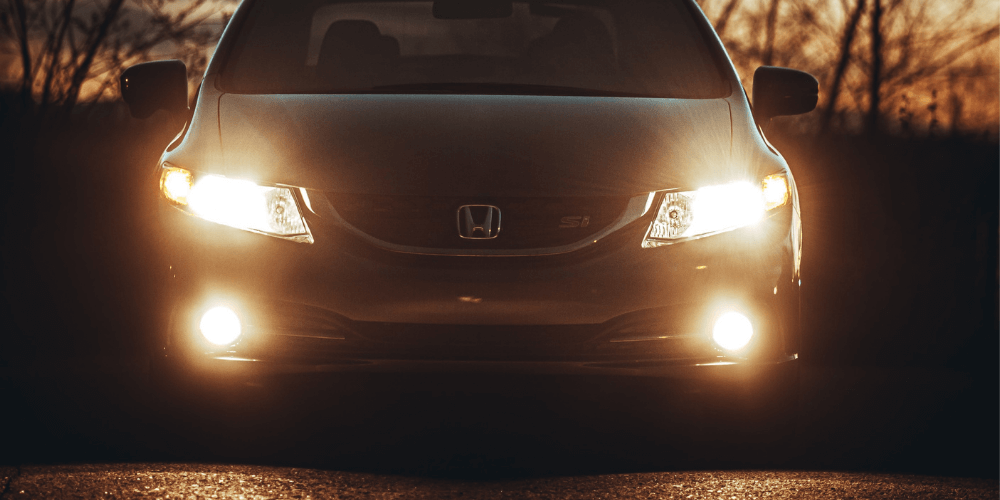After a traumatic incident, people are usually eager to get on the road to recovery.…

4 Common Misconceptions About Driving in the Rain
Spring means rain, and while that may put a damper on some plans, it also means summer is just around the corner. While you wait, you may have to burden some showers, and that means you need to make sure you’re practicing safe driving in the rain. Even the best drivers may feel a bit uneasy when the roads get wet. It’s important you know what adjustments to make when it rains, and what driving practices are safe and which ones are just misconceptions. Here are 4 common misconceptions about driving in the rain.
Misconception: You can still drive the speed limit

According to the National Highway Traffic Safety Administration, speed limits are “established for favorable conditions”—meaning good weather, normal traffic flow and clear visibility. When there’s inclement weather you should reduce your speed. One rule of thumb is to reduce your speed by a third. That means in a 30 mile-per-hour zone, you wouldn’t go faster than 20 miles per hour.
Misconception: Sunglasses help you see better

There are some who say wearing sunglasses when it rains will help you see better on the road. This is generally wrong. Most sunglasses will make it darker and provide no benefit when it rains. In fact, they’ll likely make it more difficult for you to see. There are some sunglasses that could help. The right type of polarized sunglasses can help cut through light reflecting off the rain, but your average pair of sunglasses won’t help you in the rain.
Misconception: Keep your headlights off in the rain
Somewhere along the way, someone said that turning your headlights off in the rain is safer. The thinking behind this is that the light will hit the water and make it harder for the driver to see. This is not the case. Normal-beam headlights will not cause this issue, and should be turned on in the rain. Because visibility is generally poorer in the rain, keeping your lights on helps other drivers see you.
If you’re hurt in an accident in the rain
Accidents do happen and they’re more likely in the rain. According to the Federal Highway Administration, 70% of weather-related crashes happen on wet pavement. If you are in an accident, take action and prioritize your safety and well being. If there are serious injuries, call 9-1-1 immediately and report any required medical attention. If in a minor accident, call to report the incident. As you work to recover, consider contacting a chiropractor. Chiropractic care offers specialized treatment to pain—particularly injuries associated with car accidents. A chiropractor can create a plan that’s unique to your pain and needs. A slip up on the road shouldn’t shouldn’t keep pouring down on you.
For more information, please contact us.




